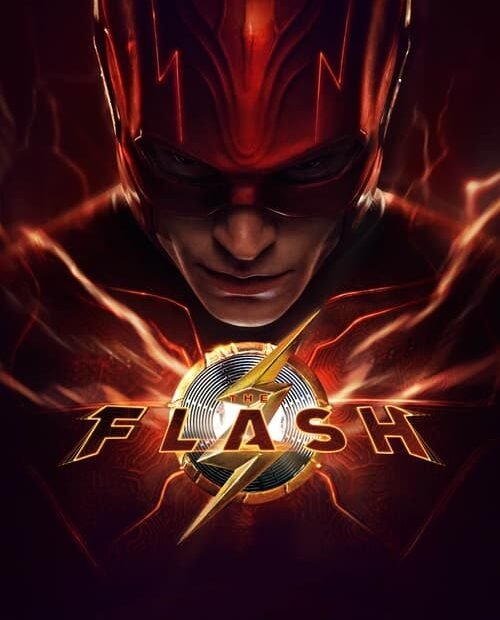The Flash: A Philosophical Look at Speed, Time, and Parental Trauma
In a universe where speedsters can outrun their existential crises, The Flash takes us on a whirlwind journey through time, parental love, and the horrors of butterfly effects, all while sporting a suit that looks suspiciously like a ketchup bottle. Barry Allen, our resident speed demon, finds himself grappling with the fundamental questions of life: Can you really change the past without screwing up the future? Spoiler alert: Yes, but only if you have a good lawyer.
Our saga kicks off with Barry, a man with a penchant for running fast and a tragic backstory that would make even the most hardened philosopher weep. His mom’s murder haunts him like a bad Instagram filter, and when he discovers he can break the time barrier, he decides to do what any rational person would do: travel back in time to save her. Because who needs therapy when you can just run so fast that time becomes your personal playground?
Barry zips back to the past, but here’s the kicker: saving his mom means that every single thing he knows and loves will go haywire. Think of it as playing Jenga, but instead of blocks, you’re pulling at the very fabric of reality. And surprise, surprise! When you start messing with time, the universe doesn’t just nod politely; it throws a cosmic tantrum. Suddenly, Barry finds himself in a world where he’s not the fastest man alive—oh no, that title goes to a brooding Batman who’s more interested in grimacing than saving the day.
In this alternate reality, Barry’s dream team of heroes morphs into a collection of misfits: Superman is a moody, tortured soul trapped in a government facility, and Aquaman is… well, he’s still Aquaman but with even more fishy issues. Meanwhile, Barry’s dad, who in the original timeline was a loving figure, is now a prime suspect in his wife’s murder. Talk about a family reunion nobody wants to attend!
As Barry struggles to fix his colossal screw-up, we’re treated to a delightful montage of him trying to assemble a new superhero squad that’s less Avengers and more “Oops, we’re all in therapy together.” Each attempt to set things right only unravels further chaos—think of it as a cosmic game of Whack-a-Mole, where every time he fixes one issue, two more pop up like those pesky cartoon villains. By the time the dust settles, Barry learns that meddling with time is like playing with fire—hilarious until someone gets burned.
In a climactic showdown, Barry confronts his past, literally, as he faces off against various versions of himself (talk about a family therapy session gone wrong). The film wisely reminds us that while it’s easy to want to change events—especially those that involve a tragic backstory—what truly matters is how we cope with those events. It’s a poignant statement wrapped in a superhero flick that ultimately ends with Barry choosing to embrace his pain rather than erase it. Who knew a superhero movie could double as a TED Talk?
Finally, as Barry zips back to what he thinks is the “normal” timeline, he realizes that nothing is ever truly normal. The world is now a bizarre mix of familiar faces with unexpected twists (like Batman being a total softy). And in the end, Barry learns that sometimes the greatest power isn’t speed, but the ability to accept the past—along with a side of familial chaos. So, strap in, folks; the moral of the story is: if you’re ever tempted to time travel, maybe just stick to binge-watching instead. It’s cheaper and far less complicated!
So there you have it, a philosophical romp through the speed force that leaves you laughing, crying, and questioning your own life choices. The Flash isn’t just a superhero movie; it’s a reminder that sometimes, the only thing we can do is run towards our problems—at breakneck speed!
